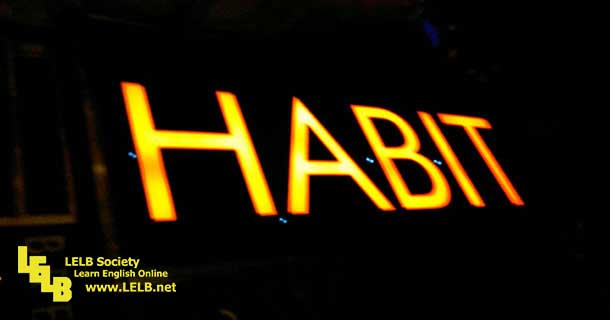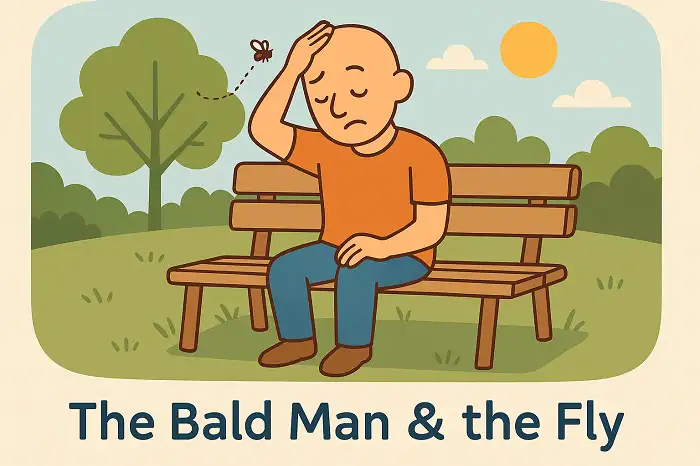IELTS Listening Practice Habit Formation IELTS Listening Practice Habit Formation About this activity This activity is labeled round table by Dr. Hariri, the creator and administrator of LELB Society. This activity is on the premise of Flipped Learning, according to which the students watch a video before the class, carry out research into the selected theme, and prepare themselves for an informed discussion in the class. This activity is on the basis of both synchronous and asynchronous computer-mediated communication (CMC), according to which the students are also encouraged to be active even before the class. In this flipped classroom activity, the students are encouraged to utilize the comment form at the bottom of the post to to exchange their questions, findings, and experiences with each ...
Home » Listening Practice in English » IELTS Listening Practice Habit Formation

IELTS Listening Practice Habit Formation
Updated: by Dr. Mohammad Hossein Hariri Asl
Time to Read: 5 minutes | 617 Views | 34 Comments on IELTS Listening Practice Habit Formation
Share This Post
About the Author
Dr. Mohammad Hossein Hariri Asl is an English and Persian instructor, educator, researcher, inventor, published author, blogger, SEO expert, website developer, entrepreneur, and the creator of LELB Society. He's got a PhD in TEFL (Teaching English as a Foreign Language).
Number of Posts: 4243



10. Why is it so important to stick to only one of those habits?
Focusing on one habit at a time is crucial because it allows you to direct all your energy and attention towards establishing that habit, increasing the likelihood of success. Attempting to form multiple habits simultaneously can lead to divided focus, making it harder to manage and sustain the necessary consistency for any of them.
9. How could Tom manage to make great strides in self-development?
He tries to change habits in his life, he smoked in the past and change it to going gym, after that he got promotion and his life become better than before.
Corrections:
tries ➡ tried
change ➡ changed/turned
going gym ➡ going to the gym
promotion ➡ a promotion,
become ➡ became
Thanks a lot
You are most welcome.
Impeccable! ✅ ?
Thank you so much?
Sorry, I mistakenly put a question mark.
No problem. That’s mainly because you’ve been conditioned to make and leave questions, which is so good.
Thanks a lot.
My pleasure.
8. What are the others keystone habit that he mentioned?
Corrections:
the others keystone habit ➡ the other keystone habits
Thank you very much
You’re most welcome.
7. What are the effects of meditation in our life?
Corrections:
the effect of something “on” something else
6. What are the benefits of reading a book on body language?
Reading a book on body language offers numerous benefits. It can greatly enhance your ability to understand and interpret non-verbal cues, which are often more telling than spoken words. This can improve your communication skills, making interactions more effective and harmonious.
5. what types of book does he recommend?
Corrections:
what ➡ What
4. What does he mean by saying “Keystone habit”?
Corrections:
It’s better to change “he” to “the narrator”.
3. What is the concomitant habit that would be developed when you take some exercise regularly?
Exercise is concomitant with diet, it means when you work hard at the gym you less likely eat the junk foods.
Corrections:
you less likely eat ➡ you are less likely to eat
2. What is the benefit of meditation which is reaped by your brain?
Meditation trains the part of our brain that is responsible for willpower.
That’s right. Regular meditation can help strengthen the brain’s prefrontal cortex, which is associated with executive functions such as decision-making, self-control, and willpower.
1. What are the three habits which transform your life for the better?
Reading, meditation, fitness/diet.
These are quite positive and constructive habits to form and maintain!